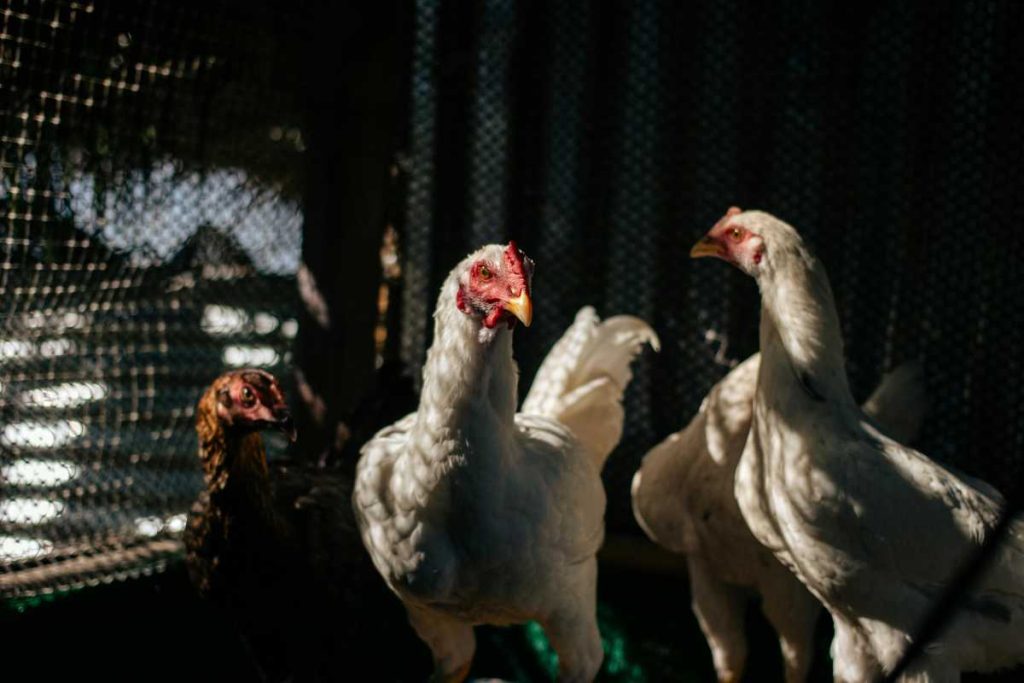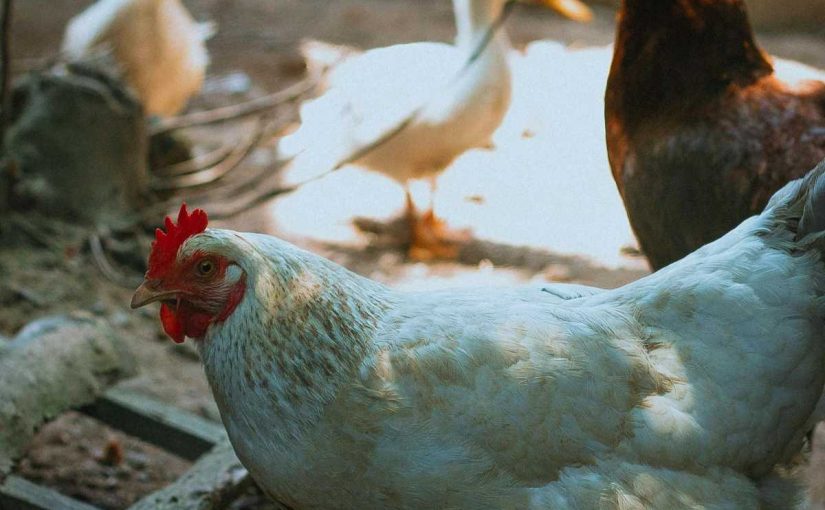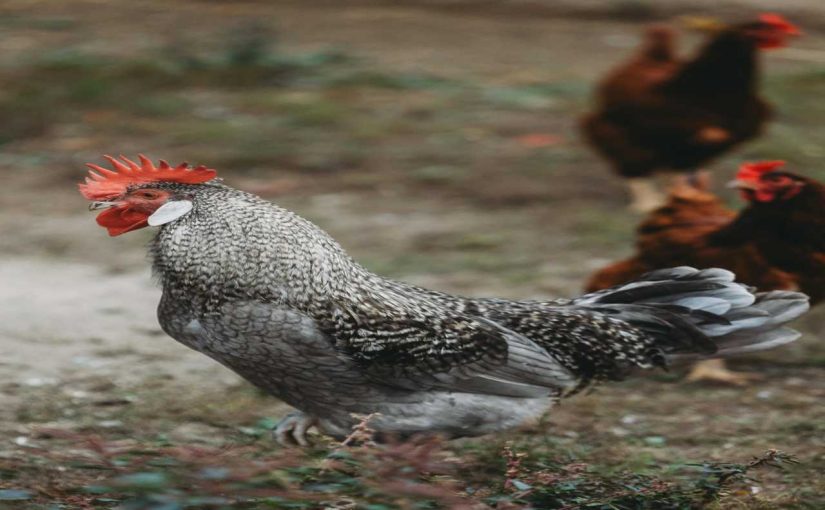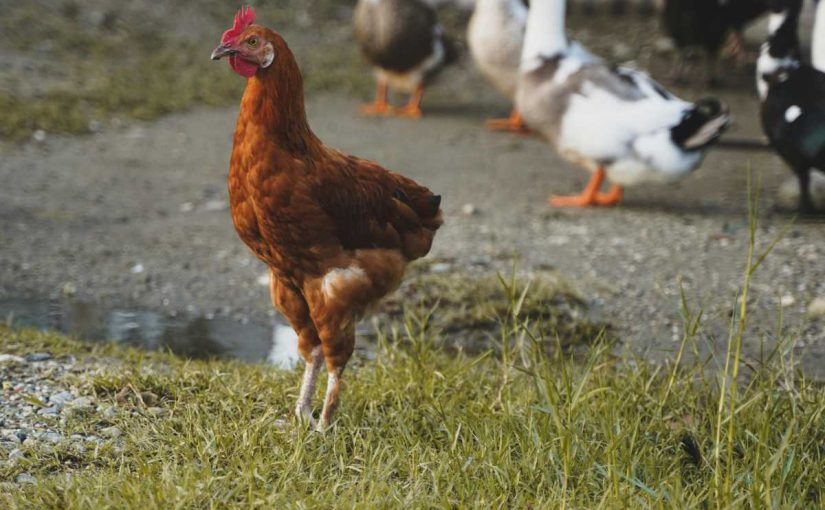Sustainable chicken farming is an approach that emphasizes the welfare of the chickens, the health of the environment, and the economic viability of the farm. By implementing sustainable practices, you can create a system that benefits not only your flock but also the surrounding ecosystem and your community. Here are essential steps to consider when creating a sustainable chicken farming system.
1. Choose the Right Breeds
Importance of Breed Selection
Selecting the right breeds is fundamental for establishing a sustainable chicken farming system. Different breeds have varying needs and production capabilities.
What to Look For
- Dual-Purpose Breeds: Consider dual-purpose breeds that provide both meat and eggs, such as Rhode Island Reds or Plymouth Rocks. This reduces reliance on multiple sources and enhances efficiency.
- Heritage Breeds: Heritage breeds are often hardier and better adapted to local environments, which can improve their overall resilience and reduce the need for interventions.
What to Do
- Research Breeds: Investigate breeds that are known for their adaptability to your climate and farming practices.
- Prioritize Welfare: Choose breeds that are known for their good temperament and health to reduce stress on both the birds and the farmer.
2. Implement Rotational Grazing
Benefits of Rotational Grazing
Rotational grazing allows chickens to forage on fresh pasture while giving previously grazed areas time to recover. This method benefits the soil, the plants, and the chickens.
How to Do It
- Divide Pastures: Split your pasture into smaller sections and rotate your chickens through these areas. This prevents overgrazing and allows for natural fertilization.
- Monitor Recovery: Keep an eye on the recovery of grazed areas to determine when to rotate. Typically, a recovery period of 2-4 weeks is ideal, depending on the season.
Benefits of the Practice
- Enhanced Soil Health: Chickens naturally fertilize the land, leading to healthier soils and better forage growth.
- Improved Chicken Health: Access to fresh pasture promotes natural foraging behaviors, improving the chickens’ diet and overall health.
3. Utilize Organic Practices
Importance of Organic Farming
Adopting organic practices helps create a healthier environment for your chickens and the surrounding ecosystem. It also promotes consumer trust and demand for organic products.
What to Focus On
- Organic Feed: Use organic feed that is free from synthetic additives, hormones, and antibiotics. Look for local suppliers to reduce your carbon footprint.
- Natural Pest Control: Implement natural pest control methods, such as encouraging beneficial insects and using natural repellents, to manage pests without harmful chemicals.
What to Do
- Certify Your Farm: If feasible, consider obtaining organic certification to attract consumers interested in organic products.
- Educate Yourself: Stay informed about organic farming practices through workshops, courses, and local agricultural resources.
4. Create a Comfortable and Safe Coop
Importance of Housing
A well-designed chicken coop is essential for the health and welfare of your flock. The coop should provide a safe, comfortable, and clean environment for your chickens.
Key Features to Include
- Ventilation: Ensure proper ventilation to prevent respiratory issues and maintain a comfortable temperature.
- Space Requirements: Provide adequate space for your chickens to move around freely. Aim for at least 4 square feet per bird inside the coop and 10 square feet per bird in the outdoor run.
What to Do
- Design for Comfort: Incorporate features like nesting boxes, perches, and dust baths to promote natural behaviors and comfort.
- Regular Maintenance: Schedule regular cleaning and maintenance to ensure a healthy living environment.
5. Incorporate Waste Management Practices
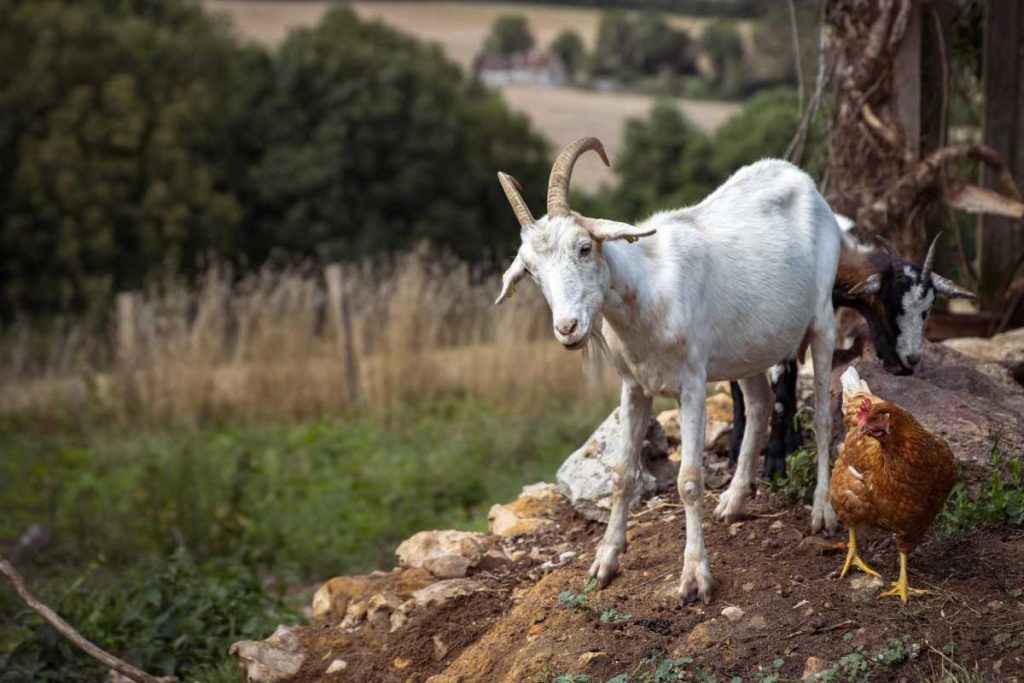
Why Waste Management is Crucial
Effective waste management is vital for reducing environmental impact and promoting soil health.
How to Manage Waste
- Composting: Create a composting system for chicken manure, which is rich in nitrogen and can be used to enrich your garden soil.
- Deep Litter Method: Use the deep litter method in the coop, allowing manure and bedding to decompose naturally. This helps control odors and provides a nutrient-rich substrate for your chickens.
What to Do
- Regular Composting: Turn your compost pile regularly to ensure proper aeration and decomposition.
- Apply to Gardens: Use the compost in your garden to close the nutrient loop and promote sustainable gardening practices.
6. Promote Biodiversity
Benefits of Biodiversity
Encouraging biodiversity on your farm can lead to healthier ecosystems, pest control, and improved soil health.
How to Enhance Biodiversity
- Plant Companion Crops: Grow companion crops alongside your chicken areas. Certain plants can attract beneficial insects or deter pests, creating a balanced ecosystem.
- Integrate Other Livestock: If space allows, consider integrating other livestock (such as goats or rabbits) into your farming system for diversified income and resources.
What to Do
- Create Habitat: Set aside areas of your farm for wildflowers, native plants, and shrubs to encourage beneficial wildlife.
- Engage with the Community: Collaborate with local farmers or organizations to promote biodiversity initiatives in your area.
7. Implement Water Conservation Strategies
Importance of Water Management
Water is a critical resource for chicken farming. Implementing conservation strategies helps reduce water usage and enhances sustainability.
How to Conserve Water
- Rainwater Harvesting: Set up a rainwater harvesting system to collect and store rainwater for watering your chickens and plants.
- Efficient Watering Systems: Use automatic waterers or nipple drinkers to minimize water wastage and maintain clean drinking water for your flock.
What to Do
- Regularly Check for Leaks: Inspect your watering systems for leaks to ensure efficiency.
- Educate Yourself: Stay informed about water conservation techniques and innovations in agricultural practices.
8. Engage with Local Communities
Benefits of Community Engagement
Connecting with your local community can enhance your chicken farming system and foster collaboration and support.
How to Engage
- Farmers’ Markets: Sell your eggs and poultry products at local farmers’ markets to connect with consumers and promote your sustainable practices.
- Workshops and Events: Host workshops or farm tours to educate others about sustainable chicken farming practices and share your knowledge.
What to Do
- Collaborate with Other Farmers: Join local farming cooperatives or networks to share resources, knowledge, and marketing efforts.
- Volunteer for Community Projects: Engage in local environmental initiatives or educational programs to raise awareness about sustainable farming practices.
9. Monitor and Adapt Your Practices
Importance of Monitoring
Regular monitoring of your farming practices allows you to assess what works and what needs improvement.
How to Monitor Effectiveness
- Record Keeping: Keep detailed records of egg production, feed usage, health issues, and other key metrics to track performance.
- Evaluate Practices: Periodically assess your practices and make adjustments based on your observations and changing conditions.
What to Do
- Stay Informed: Follow industry trends and research to adapt your practices to meet evolving standards and consumer demands.
- Seek Feedback: Engage with customers and other farmers for feedback on your products and practices to help improve your system.
Conclusion
Creating a sustainable chicken farming system requires thoughtful planning and dedication to practices that benefit your flock, the environment, and the community. By selecting the right breeds, implementing rotational grazing, adopting organic practices, and focusing on waste management and biodiversity, you can build a resilient and efficient farming system.
With regular monitoring and community engagement, your sustainable chicken farming venture can thrive, contributing positively to the agricultural landscape and promoting a healthier environment for generations to come. Embrace the journey of sustainable farming, and enjoy the rewards of raising chickens that are healthy, productive, and well cared for.

